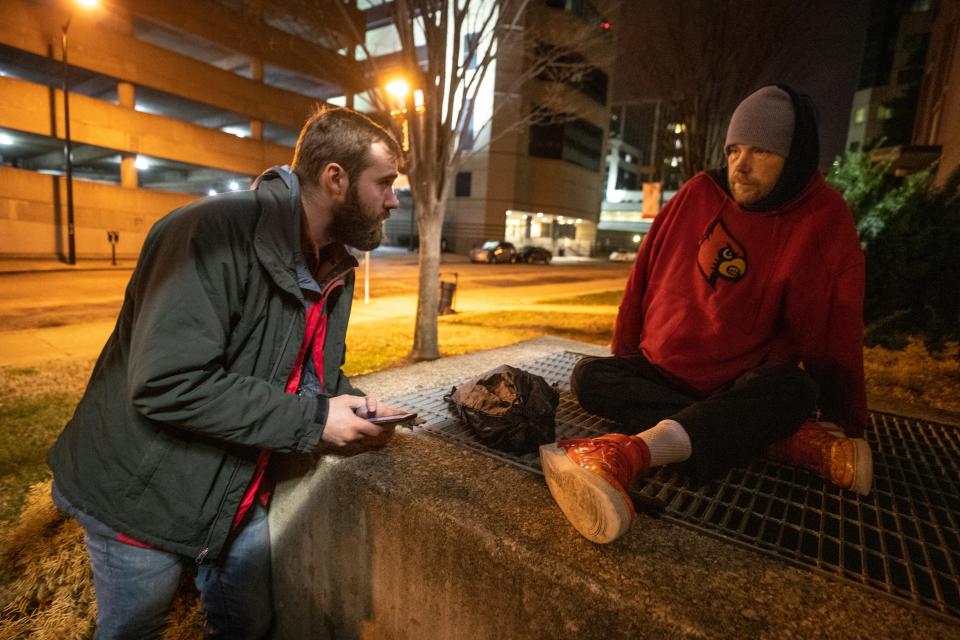Safer Kentucky Act enhances punishments instead of identifying root causes of crime
The introduction of the “Safer Kentucky Act” is a step in the wrong direction for criminal justice reform in Kentucky. Amongst other adjustments and additions, this bill aims to enhance punishments—including the death penalty—for various crimes, prohibit charities and bail funds from assisting community members and further criminalize homelessness. You may ask yourself: “How does this make us safe?”
It does not. House Bill 5 seems to push to enhance punishments for various crimes, such as introducing the death penalty when a community member commits a third felony. It is understood by those who have studied data surrounding crime that the death penalty, along with increasing the severity of punishments, does not deter crime or chasten criminals, rather they exacerbate recidivism and even create room for future crime to take place. This coincides directly with information released from the U.S. Department of Justice. A costly assumption is that individuals act in a vacuum—that they lack influence from economical and societal stressors.

How can we create a safer Kentucky if we do not re-examine the way we deal with crime?
Along with enhanced punishments comes the adoption of newly proposed vagrancy laws; laws designed to criminalize the act of sleeping on the street. This comes with the implication that unhoused individuals are dangerous, and must be removed from sight. People living on the streets are typically much more likely to become victims of violent crime rather than perpetrators. Displacing unhoused individuals and adding a criminal charge will not solve their circumstance—it is simply a cataclysmic narrative that will lead to the perpetuation of homelessness and increased crime. This does not make us safe.
What do you think of the Safer KY Act? Submit your letter to the editor here.
Another proposed imposition would be a limit of $5,000 dollars from a charitable organization or bail fund when posting bail. Rightfully so, it is feared that releasing people from jail is dangerous. However, it is a known fact that bail reform does not decrease public safety. There is no relationship between pretrial release and increased crime. Ultimately, it is estimated that around 83% of people held by jails are legally innocent, and the overarching goals of charitable organizations and bail funds are to provide monetary assistance as well as refer people to community—based services uniquely based on their needs.
It is time that we invest in affordable and prevalent housing, mental health and substance abuse disorders, increased efficiency and inclusion in education and transportation in Kentucky. What must be addressed are the multifaceted issues that act as the root causes for crime. Focusing on enhanced punishment and criminalization rather than rehabilitation breeds recidivism. We must continue creating cycles of growth and restoration for our imprisoned community members to reproduce safety in our cities, and House Bill 5 will take us a step back.

Dylan Hunter graduated from Bellarmine University in 2023 with a degree in Criminal Justice and Sociology. He is the Legal Researcher at the Louisville Community Bail Fund and Legal Intake Specialist at a local boutique law firm.
This article originally appeared on Louisville Courier Journal: Safer Kentucky Act is the wrong direction for criminal justice reform

